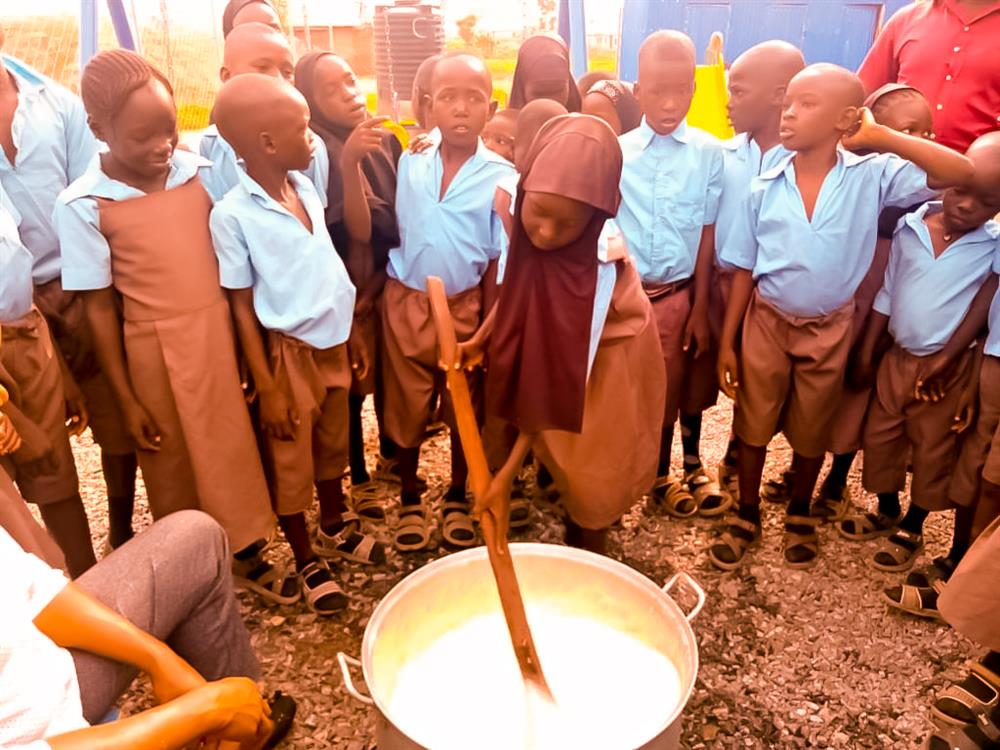Transitional learning centres in rural and displaced settings for youth with disabilities
- Solution
- Inclusive education in emergencies in transitional learning centres
- Country of Implementation
- Nigeria
- Start Year
- 2018
- First published
- 03.12.2023

Solution details
“By providing a learning platform that is equitable, inclusive, and safe, our Transitional Learning Centres help to take the stigma of physical and psychosocial disabilities out of the equation.” Ifedinma Nwigwe, Executive Director, Maple Leaf Early Years Foundation
The Maple Leaf Early Years Foundation (MLEY) is an NGO based in Nigeria providing early childhood and elementary education to children from low-income backgrounds, rural areas, and camps for internally displaced persons. By 2023, MLEY operated Transitional Learning Centres across Nigeria with a focus on technology-driven learning programmes and teacher training. The agro-vocational programme has enabled 300 youth, including those with learning and psychosocial disabilities, to learn the basics of farming and marketing their products.
Problems Targeted
Quality education for Nigerian children with physical, psychosocial, and learning disabilities is largely inaccessible for those who have been affected or displaced by conflict and climate change.
Solution, Innovation and Impact
The Maple Leaf Early Years Foundation is an NGO based in Nigeria that provides access to quality early childhood and primary education to children from low-income backgrounds, rural areas, and camps for internally displaced persons as well as children of the host communities through its Transitional Learning Centres. These centres are operating in various zones across Nigeria, offering not only education but a range of other services, thus reaching members of the community. The centres run technology-driven learning programmes, teacher training, and alternative education opportunities such as an agricultural and vocational skills programme for youth aged 13 to 20 years, as well as psychosocial support activities and programmes. Children are given the opportunity to learn life skills through practical activities such as soap making, personal hygiene, care of property and belongings, care of the environment and their immediate surroundings, proper use of the toilet, and safe use of water through the WASH (water, sanitation, and hygiene) club. The project has grown from serving 50 beneficiaries in 2018 to over 1,000 in 2023, including youth and mothers.
Funding, Outlook and Transferability
Funding for the project initially came from self-financing and individual fundraising efforts, but the MLEY Foundation has since partnered with government organizations and international NGOs. By 2022 the total budget was approximately $300,000, with more than 90 per cent coming from the government. International NGOs such as Global School Meals Coalition, INEE, and Plan International are providing non-financial support. By 2028 the MLEY Foundation intends to facilitate the establishment of its model of Transitional Learning Centres in an additional 12 states in Nigeria. (Awardee 2024)
Media
Pictures
Related information
- Connections
- 1
-
People